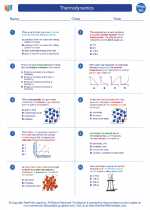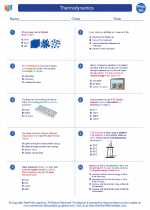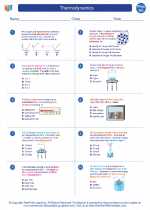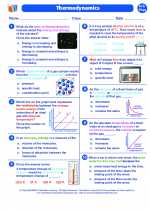Parasitic Worms
Definition
Parasitic worms are organisms that live in or on another organism (the host) and benefit at the host's expense. These worms can cause a variety of diseases in humans and animals.
Types of Parasitic Worms
There are several types of parasitic worms that can infect humans, including:
- Roundworms (Nematodes): These worms are cylindrical in shape and include species such as Ascaris, hookworms, and whipworms.
- Flatworms (Platyhelminthes): This group includes tapeworms and flukes.
- Threadworms (Nematodes): These small, thin worms include species such as Strongyloides.
Transmission
Parasitic worms can be transmitted through various means, including:
- Contaminated Food and Water: Ingesting food or water contaminated with worm eggs or larvae.
- Soil: Contact with soil containing worm larvae, often through bare feet.
- Vector-Borne: Some worms are transmitted through insect vectors, such as mosquitoes.
- Direct Contact: Direct contact with an infected individual or their feces.
Effects on Host
Parasitic worms can cause a range of health issues in their hosts, including:
- Malnutrition: Worms can compete with the host for nutrients, leading to malnutrition.
- Organ Damage: Severe infestations can lead to damage of organs such as the liver, lungs, and intestines.
- Blockages: Large worms or worm masses can cause blockages in the intestines or bile ducts.
- Allergic Reactions: Some individuals may experience allergic reactions to worm antigens.
Prevention and Treatment
Preventing parasitic worm infections involves measures such as:
- Proper Hygiene: Washing hands before eating and after using the toilet, and avoiding contaminated water sources.
- Cooking Food: Ensuring that food, especially meat, is cooked thoroughly to kill any potential worm larvae.
- Vector Control: Using insect repellents and mosquito nets in areas where vector-borne worms are prevalent.
Treatment for parasitic worm infections often involves the use of anthelmintic medications, which are designed to kill the worms. In some cases, surgery may be necessary to remove large worm masses.
Conclusion
Parasitic worms are a significant public health concern in many parts of the world, and understanding their transmission, effects, and prevention is crucial in reducing the burden of these infections.
.◂Physics Worksheets and Study Guides High School. Thermodynamics

 Worksheet/Answer key
Worksheet/Answer key
 Worksheet/Answer key
Worksheet/Answer key
 Worksheet/Answer key
Worksheet/Answer key
